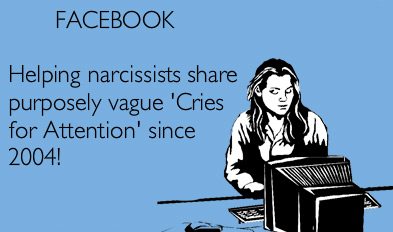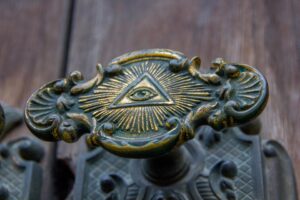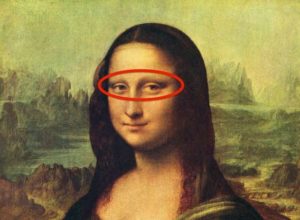Have you ever thought that you or someone you know might be a pathological narcissist? Is your loved one driving you crazy with his/her self-absorbed behaviour? Well, if this is your case, you should understand what pathological narcissism is. But how could we start defining this disorder?
First of all, we should tell you the story of Narcissus. In Greek mythology,

Narcissus was known for being extremely beautiful. He was the son of the god Cephissus and nymph Liriope. He was so proud of himself that the gods decided to play tricks on him and attracted him to a pool where, after he saw his own reflection in the water, he fell in love with himself. He stared at his own reflection until he died. His name is the origin of the word narcissism, which describes an obsession with oneself and one’s physical appearance.
According to different articles that we found on the (almighty) internet, Pathological narcissism or NPD (Narcissistic Personality Disorder) is a disease that is characterized by “grandiosity, excessive need for admiration, and little em pathy for others. People with the disorder often come across as arrogant, callous, and envious, tend to be exploitative in their interpersonal relationships, and can be excessively preoccupied with personal adequacy, power, prestige and vanity.” This disease should not be confused with, what we call “healthy narcissism” which we all possess and use on a regular basis.
pathy for others. People with the disorder often come across as arrogant, callous, and envious, tend to be exploitative in their interpersonal relationships, and can be excessively preoccupied with personal adequacy, power, prestige and vanity.” This disease should not be confused with, what we call “healthy narcissism” which we all possess and use on a regular basis.
Therefore, to be diagnosed with this personality disorder, problematic behaviours must appear in two or more of the following:
- Perception and interpretation of the self and other people
- Intensity and duration of feelings and their appropriateness to situations
- Relationships with others
- Ability to control impulses
To this list, we must add the nine traits listed in the DSM-IV that are used to differentiate a narcissistic personality:
- Has a grandiose sense of self-importance ( e.g., exaggerates achievements and talents, expects to be recognized as superior without commensurate achievements)
- Is preoccupied with fantasies of unlimited success, power, brilliance, beauty, or ideal love
- Believes that he or she is “special” and unique and can only be understood by, or should associate with, other special or high-status people (or institutions)
- Requires excessive admiration
- Has a sense of entitlement, i.e., unreasonable expectations of especially favourable treatment or automatic compliance with his or her expectations
- Is interpersonally exploitive, i.e., takes advantage of others to achieve his or her own ends
- Lacks empathy: is unwilling to recognize or identify with the feelings and needs of others
- Is often envious of others or believes that others are envious of him or her
- Shows arrogant, haughty behaviours or attitudes
All this being said, do you or someone you know suffer from pathological narcissism disorder? Well, if your answer is yes, don’t worry! You’re not alone! 










































































































1 thought on “Is Narcissism The Personality Disorder Of Our Century?”
Very interesting subject matter, we definitely have a wave of it here and around the globe since the invention of the cellphone with the optional “selfie” camera.